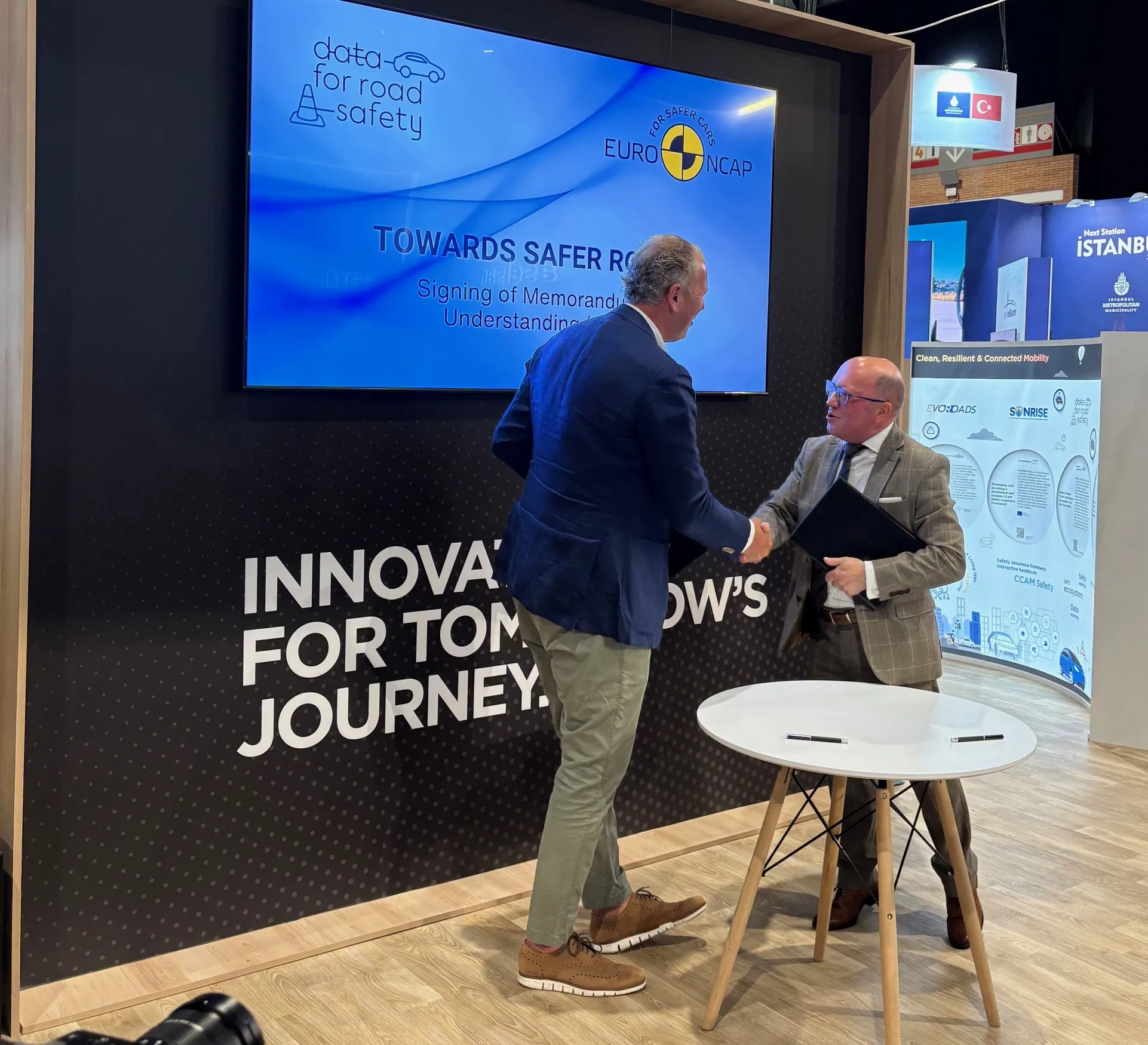Global NCAP and AA South Africa have launched a crash test assessment on five of the country’s most popular cars which are not fitted with airbags as a standard for the #SaferCarsForAfrica project in Cape Town. The results of these small and compact cars showed a range of safety performance, from four to zero stars for adult protection, with the lowest ratings resulting in a high probability of life-threatening injury in a road crash.
Models included the VW Polo Vivo. The Datsun Go+, Toyota Etios, Renault Sandero and Chery QQ3. Combined sales of the cars account for around 65% of all the new cars sold in the country last year.
Collins Khumalo, chief executive officer of the AA of South Africa said: “The crash tests represent an important step in road safety in South Africa. We believe consumers have a right to know what the safety ratings are on the cars they want to buy. These results are critical to educating the public about vehicle safety, but, more than that, they empower road users to make informed decisions. In the same way emissions and green ratings are displayed on vehicles, we think safety ratings should also be displayed on vehicles, and we don’t believe this should be too much of a challenge to make happen.
David Ward, Secretary General of Global NCAP said: “It is good to see a four star result in these first ever African crash test ratings. However, it’s extremely disappointing that there’s a zero star car. Such a poor result shows why it is so important for countries like South Africa to fully apply the UN’s crash test standards.
“Consumers need clear, comparative crash test information to help inform their car purchase decisions. This is why Global NCAP supports the introduction of mandatory crash test labelling for all new cars sold in South Africa.”
Global NCAP and AA South Africa launch #SaferCarsforAfrica
Global NCAP and AA South Africa have launched a crash test assessment on five of the country’s most popular cars which are not fitted with airbags as a standard for the #SaferCarsForAfrica project in Cape Town. The results of these small and compact cars showed a range of safety performance, from four to zero stars for adult protection, with the lowest ratings resulting in a high probability of life-threatening injury in a road crash. Models included the VW Polo Vivo. The Datsun Go+, Toyota Etios, Renault
November 23, 2017
Read time: 2 mins








